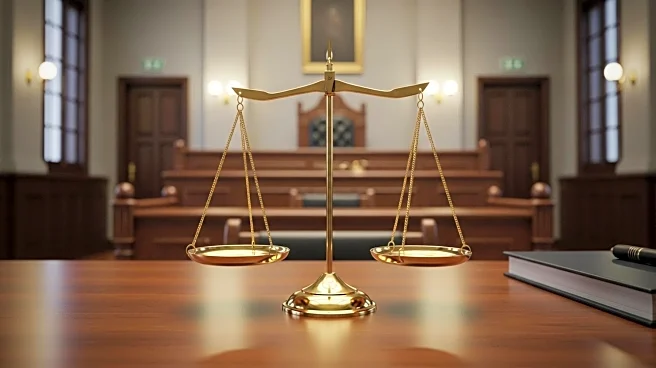What is the story about?
What's Happening?
The Supreme Court is set to hear arguments in a case challenging Colorado's ban on conversion therapy for minors. The case, Chiles v. Salazar, questions whether the law regulates professional conduct or violates the First Amendment's free speech protections. Colorado's law, passed in 2019, prohibits licensed mental health providers from engaging in conversion therapy with minors. The plaintiff, Kaley Chiles, argues that the law infringes on her free speech and religious rights. The state defends the law as necessary to protect children from harmful treatments. The case could have significant implications for free speech and healthcare regulation.
Why It's Important?
This case is pivotal as it addresses the balance between free speech rights and the government's ability to regulate healthcare practices. A ruling in favor of the plaintiff could challenge existing healthcare regulations and potentially allow for practices deemed harmful by medical professionals. Conversely, upholding the law could affirm the state's role in protecting minors from controversial therapies. The outcome could influence similar laws in other states and impact the broader debate on LGBTQ rights and healthcare practices.
What's Next?
The Supreme Court's decision, expected by summer 2026, will be closely monitored by legal experts, LGBTQ advocacy groups, and healthcare professionals. A ruling could set a precedent for how speech is regulated within professional settings and affect future legislation on conversion therapy and related practices. Stakeholders on both sides are likely to engage in advocacy and public discourse as the case progresses.
Beyond the Headlines
The case highlights deeper issues of how speech is defined and regulated within professional contexts. It raises questions about the ethical responsibilities of healthcare providers and the potential for government overreach in regulating professional conduct. The decision could also influence public perceptions of conversion therapy and its legitimacy as a therapeutic practice.

















